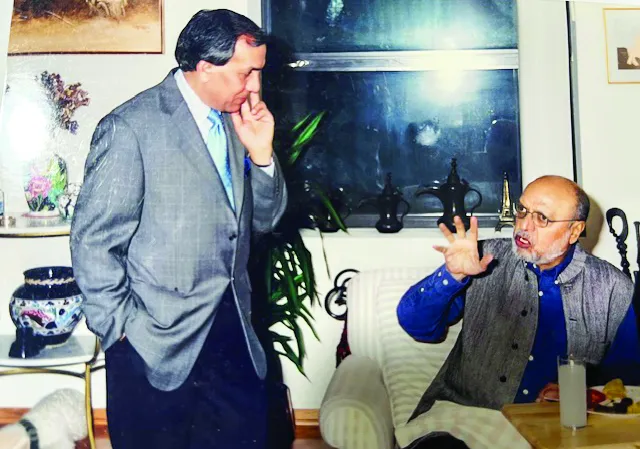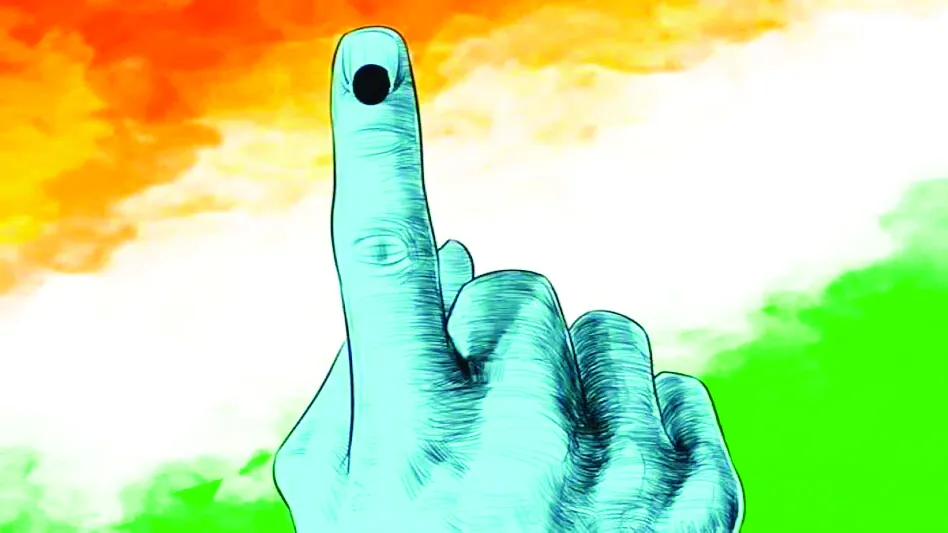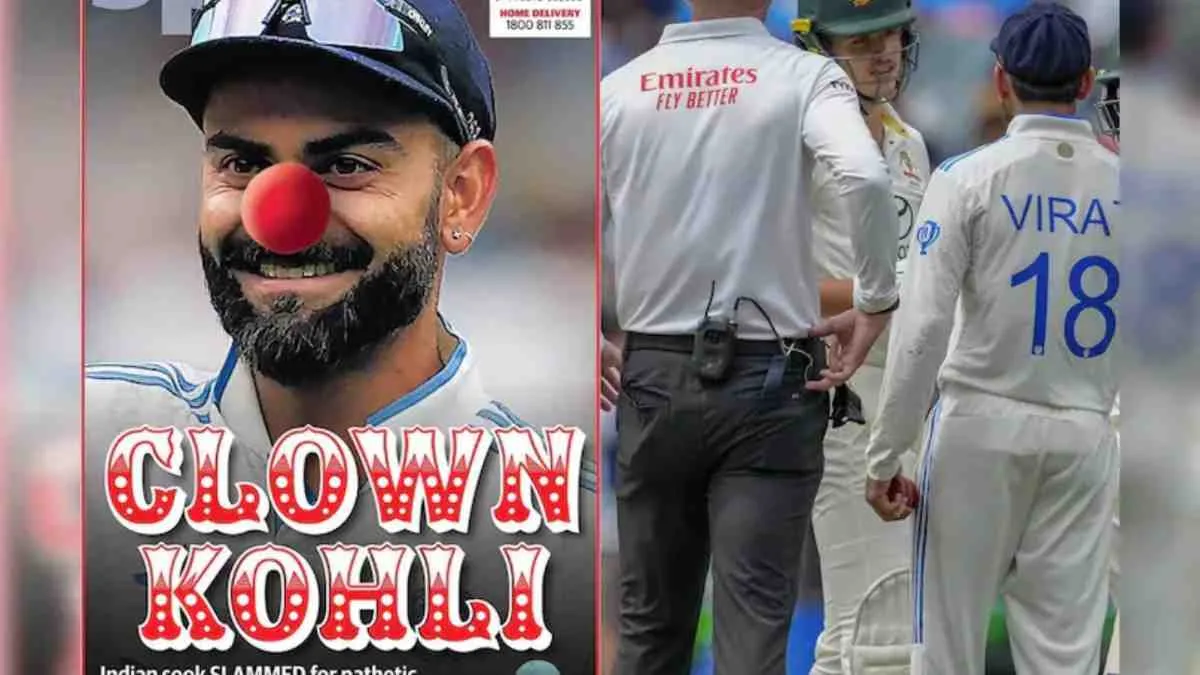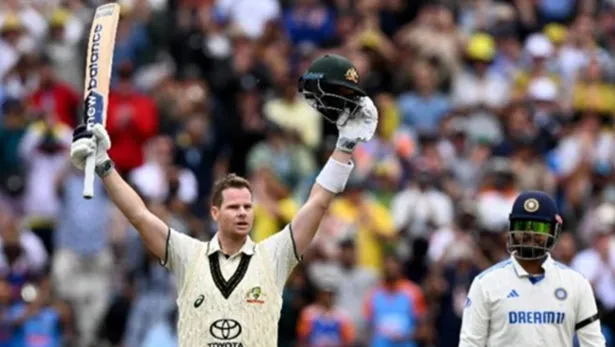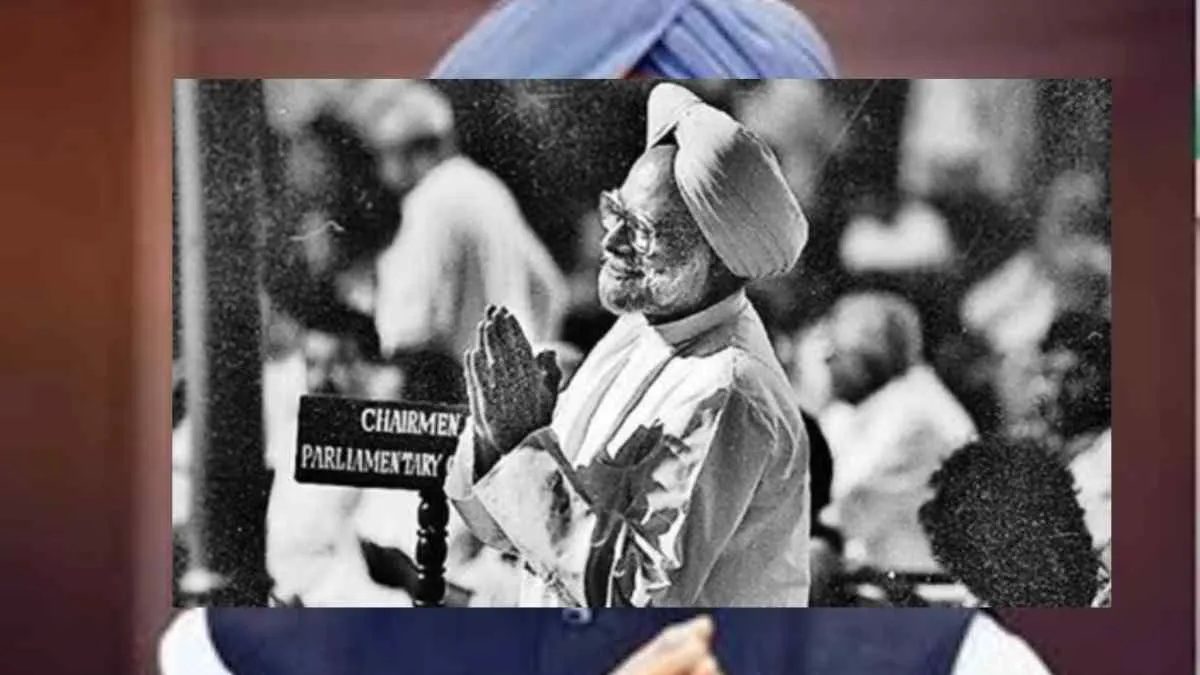Finally, Parliament is all set to reopen for a delayed monsoon session. Keeping Covid-19 in mind, appropriate seating arrangements have been made, with the rules of engagement clearly spelt out by the Speaker. But one wonders about the other rules of engagement regarding what all will be discussed inside Parliament? Will it be chaos as usual, or will social distancing ensure lesser walkouts and thereby fewer tantrums?
Well, doesn’t look like it. Already there has been much uproar over the government’s decision to suspend Question Hour. The government claims that it’s because of paucity of time (shorter sessions) stating that unstarred questions (those requiring a written reply) will however be allowed. The Opposition has called this a murder of democracy, with TMC MP Derek O Brien stating that this was an excuse to duck uncomfortable questions on pandemic and economy. For its part the government claims that “Question Hour was done away with in the years 1962, 1975, 1976, 1991, 2004 and 2009 for various reasons. While in 1975 and 1976 it was on account of the Emergency.” BJP Rajya Sabha MP Anil Baluni has also pointed out that several state Assemblies have functioned post lockdown and that there has been no Question Hour in the Assemblies of Andhra Pradesh, Kerala, Punjab, Rajasthan and Maharashtra. Even Zero Hour has been cut into half. All this leaves the Opposition little scope to hold the government accountable except of course during the debates.
But, as Rasheed Kidwai, senior journalist and author, pointed out on the NewsX show Roundtable, as many as 105 countries have reconvened their parliament post Covid, the exceptions including both India and Russia. Boris Johnson has not only recovered from Covid but also taken questions, so what is stopping Indian Parliament? And as Radhika Ramaseshan, columnist and commentator, added in the same show, “The Zero Hour and Question Hour really added zest to Parliament. It’s not about written questions but the fun is in the supplementary questions that the Opposition gets to ask during Question Hour.”
Some party leaders like Mamata Banerjee have asked their MPs above the age of 65 not to attend but most have indicated that they will, which is a good sign.
Then comes the next question: What are the issues that will be discussed? Will the economy, Covid and the face-off with China get a fair hearing? These issues have been taken up by the Business Advisory Committee and are on Parliament’s agenda. As are eleven ordinances that were passed since the last session of Parliament. These include the amendment to the Essential Commodity Act passed as one of the relief measures to counter the pandemic.
The Congress also needs to figure out its floor strategy. Its leader in the Lok Sabha, Adhir Ranjan Choudhary, has been promoted as the party’s PCC chief in West Bengal. Will he be allowed to hold both posts? Party sources cite a precedent claiming that the late Pranab Mukherjee too was both PCC chief and leader of the Lok Sabha. However names of possible replacements are also doing the rounds ranging from Rahul Gandhi to K. Suresh. But being the Congress, if a decision has to be taken it will be at the last minute. What should worry the party is speculation that Sonia Gandhi may not attend the first 10 days. If that happens, then will Rahul step up and take charge?
Provided the Opposition gets its act right, the government could be facing some tough questions on the handling of the migrant crisis, the timing and the length of the lockdown, the economy that has seen its sharpest contraction in four decades, as well as the face-off with China at the border. The Opposition is also planning to bring up the decision not to delay the NEET and JEE exams though the government will be able to use the Supreme Court order giving the go ahead as a counter.
And one can only hope that the Sushan Singh Rajput case doesn’t reach Parliament, and derails the entire process as it has been overtaking the news cycle in our national media



